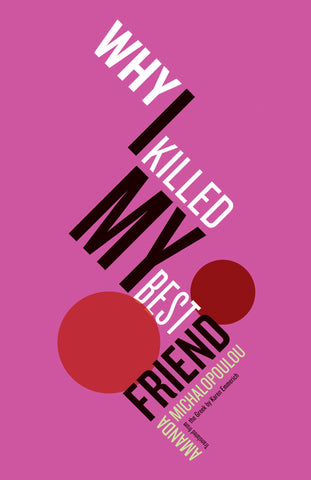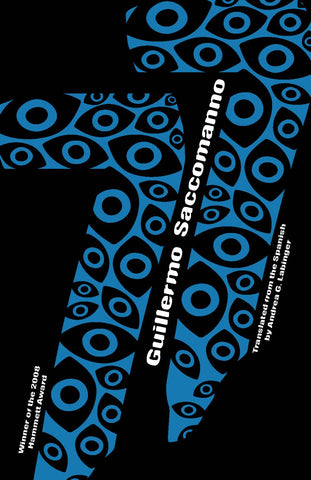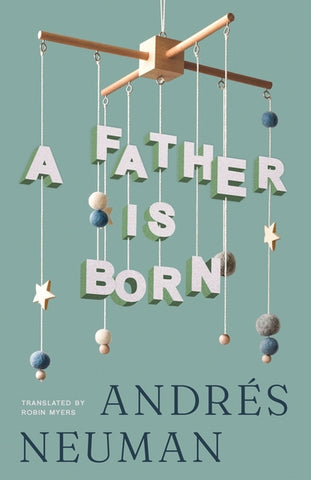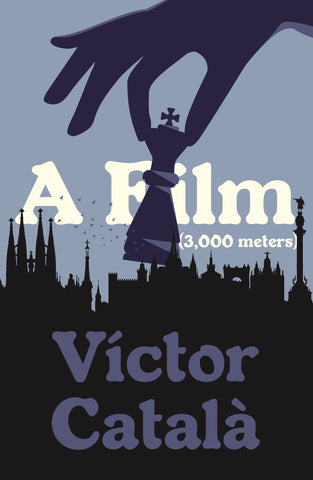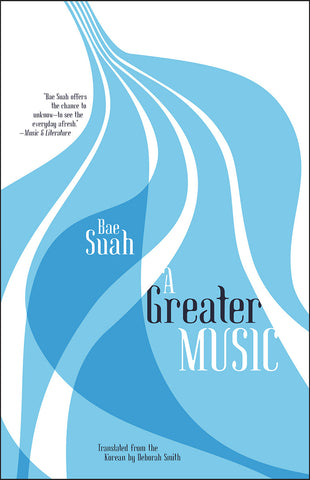Why I Killed My Best Friend
$9.99
May 20, 2014
novel | pb | 257 pgs
5.5" x 8.5"
978-1-934824-74-0
“Flawlessly translated, Amanda Michalopolou’s WIKMBF uses the backdrop of Greek politics, radical protests, and the art world to explore the dangers and joys that come with BFFs. Or, as the narrator puts it, ‘odiodsamato,’ which translates roughly as ‘frienemies.’”
—Gary Shteyngart
In Amanda Michalopoulou’s Why I Killed My Best Friend, a young girl named Maria is lifted from her beloved Africa and relocated to her native Greece. She struggles with the transition, hating everything about Athens: the food, the air, the school, her classmates, the language. Just as she resigns herself to misery, Anna arrives. Though Anna’s refined, Parisian upbringing is the exact opposite of Maria’s, the two girls instantly bond over their common foreignness, becoming inseperable in their relationship as each other’s best friend, but also as each other’s fiercest competition—be it in relation to boys, talents, future aspirations, or political beliefs.
From Maria and Anna’s grade school days in ’70s, post-dictatorship Greece, to their adult lives in the present, Michalopoulou charts the ups, downs, and fallings-out of the powerful self-destructive bond only true best friends can have. Simply and beautifully written, Why I Killed My Best Friend is a novel that ultimately compares and explores friendship as a political system of totalitarianism and democracy. (Read an Excerpt)
Translated from the Greek by Karen Emmerich
•
About the Author: Amanda Michalopoulou is the author of six novels, three short story collections, and a successful series of children’s books. One of Greece’s leading contemporary writers, Michalopoulou has won the country’s highest literary awards, including the Revmata Prize, the Diavazo Award, and the Prize of Athens Academy. Her story collection, I’d Like, was longlisted for the Best Translated Book Award.
•
“What typifies Michalopoulou’s novels is their artful structure, the stories within stories . . . an intense, introspective, sometimes obsessive, female protagonist . . . and an unreliable narrative that is constantly being undercut, reworked, tilted at a different angle.”
—Vivienne Nilan

